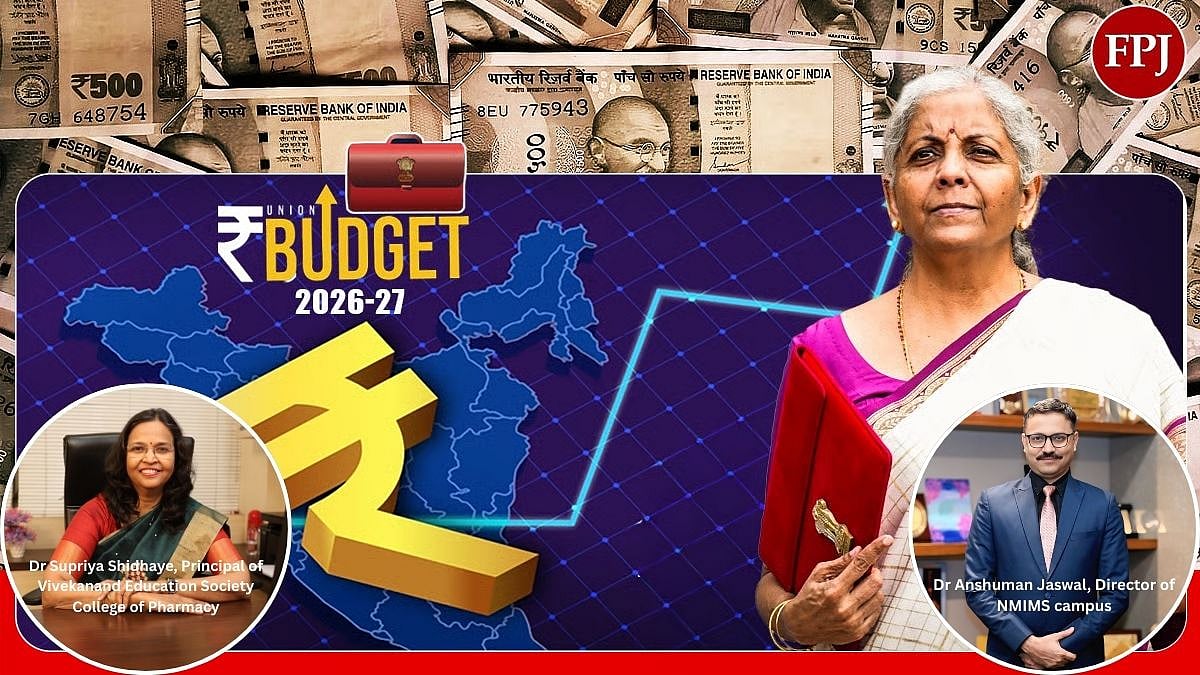New Delhi: The University Grants Commission (UGC) issued the UGC (Conferment of Autonomous Status upon Colleges and Measures for Maintenance of Standards in Autonomous Colleges) Regulations, 2023.
The new rule allows affiliated, constituent colleges to directly approach the commission in order to gain administrative or academic autonomy at any time during the year without going to their respective varsities.
Moreover, all autonomous institutions will have the ability to plan their curriculum, admission reforms, streamlining of programmes and inauguration of new courses.
The parent university's function, according to the announcement, will be limited to reviewing the online applications for autonomous status on the Commission's site within a 30-day window. During this time, if the university makes no comments or voice any opinions, it will be assumed that they have no objections.
How will colleges be eligible?
Providing they fall under Section 2(f) of the UGC Act, all affiliated or constituent colleges of any discipline (that is government-supported, unaided, partially aided, or self-financed) are eligible for autonomous status.
Colleges should have been around for at least 10 years since their establishment
The National Assessment and Accreditation Council (NAAC), NBA for at least three courses, a UGC-appointed authorisation agency, or NAAC should all certify colleges. However, each of the eligible courses must be accredited in accordance with NBA standards if there are fewer than three programmes.
The constituent colleges must also go through independent accreditation in the meantime.
According to Clause 7 of the UGC regulations, the autonomous status shall initially be awarded for a term of five or 10 years.
The autonomy will be further extended for a period of five or 10 years.
The independent status will enable colleges to launch certificate or diploma programmes without the parent university's prior approval, in addition to creating its own curricula and entrance criteria. With the approval of the academic council, it will also be able to provide PhD courses along with degree programmes at the undergraduate (UG) and postgraduate (PG) levels.











